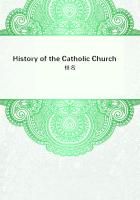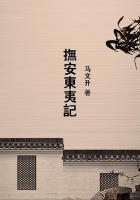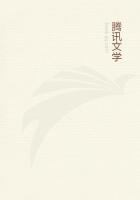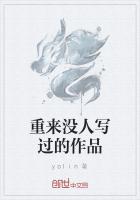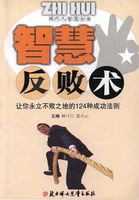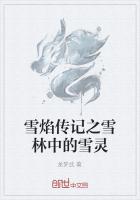The greater part of goods, besides, are more perishable than money, and he may frequently sustain a much greater loss by keeping them.When his goods are upon hand, too, he is more liable to such demands for money as he may not be able to answer than when he has got their price in his coffers.Over and above all this, his profit arises more directly from selling than from buying, and he is upon all these accounts generally much more anxious to exchange his goods for money than his money for goods.
But though a particular merchant, with abundance of goods in his warehouse, may sometimes be ruined by not being able to sell them in time, a nation or country is not liable to the same accident.
The whole capital of a merchant frequently consists in perish, able goods destined for purchasing money.But it is but a very small part of the annual produce of the land and labour of a country which can ever be destined for purchasing gold and silver from their neighbours.The far greater part is circulated and consumed among themselves; and even of the surplus which is sent abroad, the greater part is generally destined for the purchase of other foreign goods.Though gold and silver, therefore, could not be had in exchange for the goods destined to purchase them, the nation would not be ruined.It might, indeed, suffer some loss and inconveniency, and be forced upon some of those expedients which are necessary for supplying the place of money.
The annual produce of its land and labour, however, would be the same, or very nearly the same, as usual, because the same, or very nearly the same, consumable capital would be employed in maintaining it.And though goods do not always draw money so readily as money draws goods, in the long run they draw it more necessarily than even it draws them.Goods can serve many other purposes besides purchasing money, but money can serve no other purpose besides purchasing goods.Money, therefore, necessarily runs after goods, but goods do not always or necessarily run after money.The man who buys does not always mean to sell again, but frequently to use or to consume; whereas he who sells always means to buy again.The one may frequently have done the whole, but the other can never have done more than the one-half of his business.It is not for its own sake that men desire money, but for the sake of what they can purchase with it.
Consumable commodities, it is said, are soon destroyed;whereas gold and silver are of a more durable nature, and, were it not for this continual exportation, might be accumulated for ages together, to the incredible augmentation of the real wealth of the country.Nothing, therefore, it is pretended, can be more disadvantageous to any country than the trade which consists in the exchange of such lasting for such perishable commodities.We do not, however, reckon that trade disadvantageous which consists in the exchange of the hardware of England for the wines of France; and yet hardware is a very durable commodity, and were it not for this continual exportation might, too, be accumulated for ages together, to the incredible augmentation of the pots and pans of the country.But it readily occurs that the number of such utensils is in every country necessarily limited by the use which there is for them; that it would be absurd to have more pots and pans than were necessary for cooking the victuals usually consumed there; and that if the quantity of victuals were to increase, the number of pots and pans would readily increase along with it, a part of the increased quantity of victuals being employed in purchasing them, or in maintaining an additional number of workmen whose business it was to make them.It should as readily occur that the quantity of gold and silver is in every country limited by the use which there is for those metals; that their use consists in circulating commodities as coin, and in affording a species of household furniture as plate; that the quantity of coin in every country is regulated by the value of the commodities which are to be circulated by it: increase that value, and immediately a part of it will be sent abroad to purchase, wherever it is to be had, the additional quantity of coin requisite for circulating them: that the quantity of plate is regulated by the number and wealth of those private families who choose to indulge themselves in that sort of magnificence:
increase the number and wealth of such families, and a part of this increased wealth will most probably be employed in purchasing, wherever it is to be found, an additional quantity of plate: that to attempt to increase the wealth of any country, either by introducing or by detaining in it an unnecessary quantity of gold and silver, is as absurd as it would be to attempt to increase the good cheer of private families by obliging them to keep an unnecessary number of kitchen utensils.
As the expense of purchasing those unnecessary utensils would diminish instead of increasing either the quantity of goodness of the family provisions, so the expense of purchasing an unnecessary quantity of gold and silver must, in every country, as necessarily diminish the wealth which feeds, clothes, and lodges, which maintains and employs the people.Gold and silver, whether in the shape of coin or of plate, are utensils, it must be remembered, as much as the furniture of the kitchen.Increase the use for them, increase the consumable commodities which are to be circulated, managed, and prepared by means of them, and you will infallibly increase the quantity; but if you attempt, by extraordinary means, to increase the quantity, you will as infallibly diminish the use and even the quantity too, which in those metals can never be greater than what the use requires.
Were they ever to be accumulated beyond this quantity, their transportation is so easy, and the loss which attends their lying idle and unemployed so great, that no law could prevent their being immediately sent out of the country.

